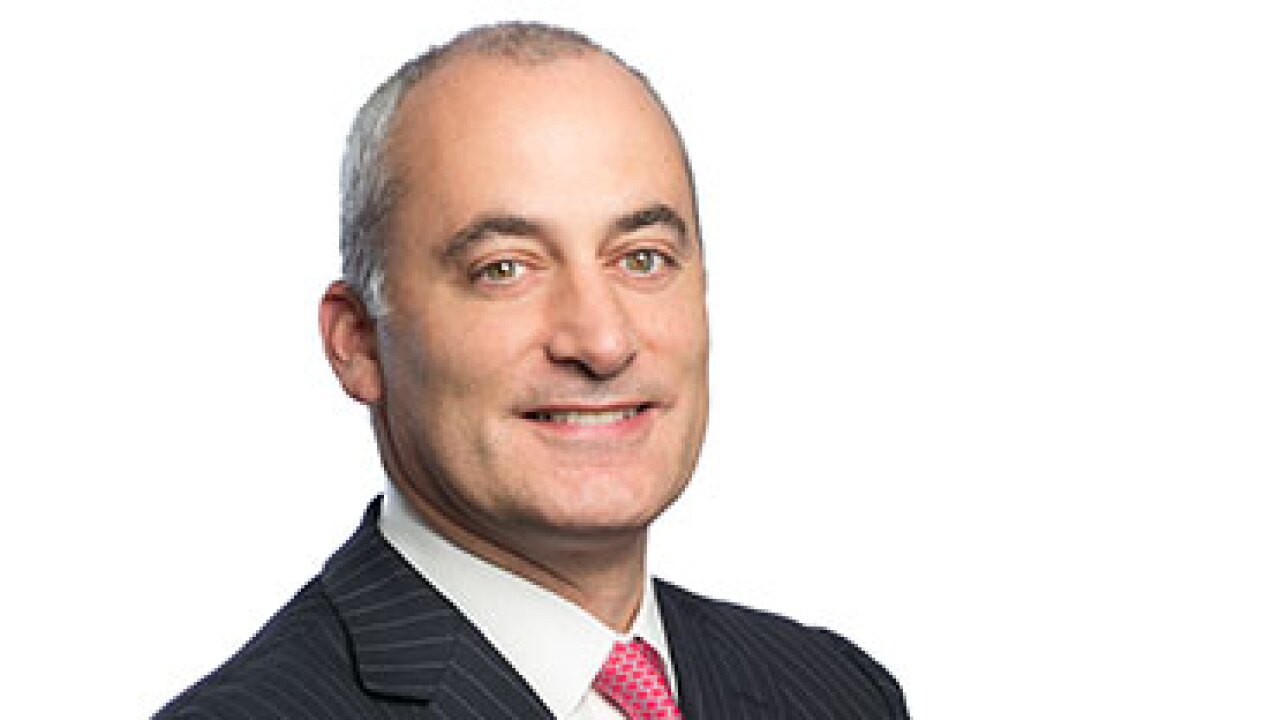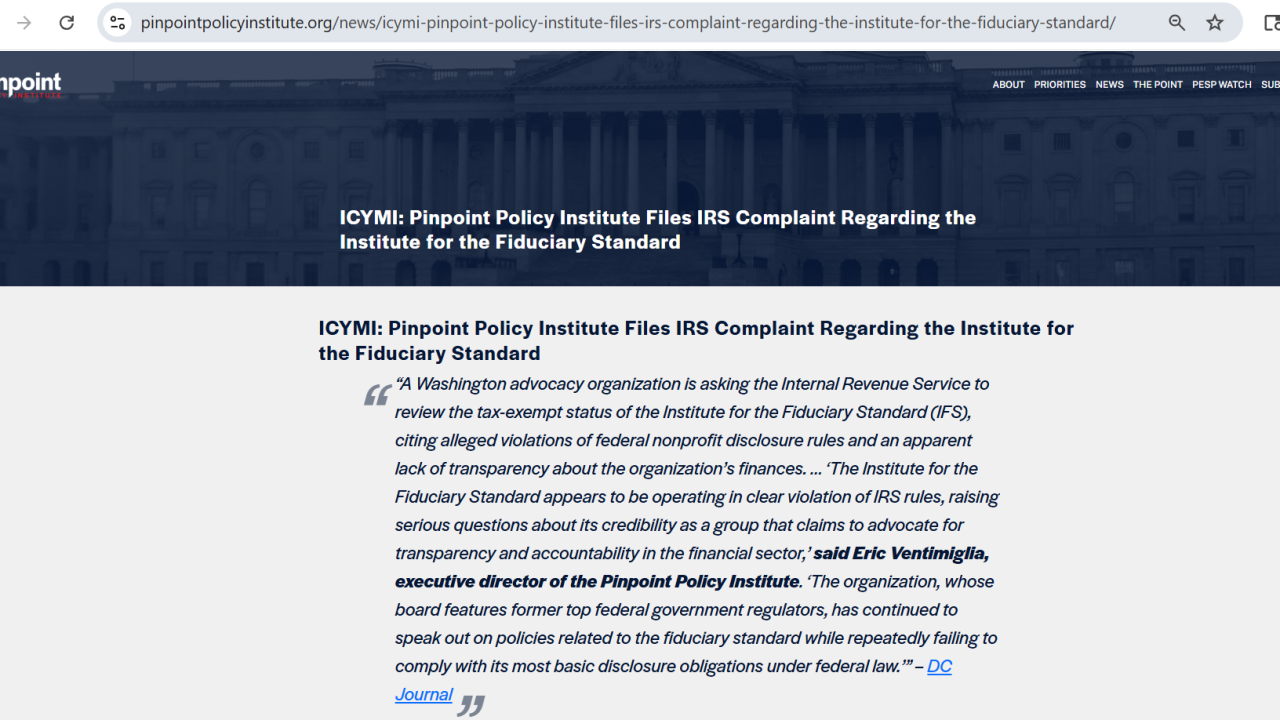Last month, Refco, the largest futures and commodities broker, joined the ranks of some of the largest U.S. companies, such as Enron and WorldCom, whose fortunes - quite contrary to their financial statement presentation - reversed in bankruptcy overnight, wiping away billions of dollars in stock valuations from investor portfolios.Projecting a fictitious financial strength, Refco's financial statements, audited by Grant Thornton, hid as much as $430 million of massive debt due from its chief executive, Philip Bennett, to lure investors into purchasing Refco's stock at $22 a share during its initial public offering. Its IPO was underwritten by Bank of America, Goldman Sachs and Credit Suisse First Boston, and raised $583 million last August.
The related-party debt that was absent from Refco's IPO registration statement is said to stem from trading losses dating back to the 1997 Asian crisis. These losses were kept off Refco's financial statements in a series of short-term circular loan transactions entered into every quarter between Refco's Bermuda subsidiary, Refco Capital Markets Ltd., various lightly capitalized hedge funds, and Bennett's privately held Refco Group Holdings Inc., a Delaware corporation, dating back as far as 1999.
October marked a change in Refco's fabled history when federal investigators shed light on its financial statement manipulations. Despite Bennett's prompt repayment of the veiled $430 million loan with financing obtained from the Austrian bank Bawag, collateralized by Refco stock, Refco capitulated into bankruptcy, erasing $4 billion of value from investor portfolios as its stock fell from a peak of $30 per share to 80 cents a share.
With Bennett ousted from the company on charges of securities fraud, Refco in bankruptcy sale negotiations, and RCM's president cooperating with prosecutors, regulators are now widening their probe of Refco's loan transactions with various hedge funds entered into at the beginning of each quarter during the past six years.
In a typical loan transaction, dated Feb. 25, 2002, RCM committed to make a loan of $325 million to Liberty Corner Capital Strategies LLC, an amount that was 27 times the hedge fund's capital of $12 million. The loan documents, drafted by the law firm of Mayer, Brown, Rowe & Maw, had an interest rate of 1.8 percent, and the loan was due to be repaid on March 4, 2002. At the time, the applicable federal rate on one-month loans ranged between 2.70 percent and 3.51 percent.
In a second agreement, also dated Feb. 25, 2002, Liberty Capital committed to make a loan of $325 million to RGHI, which was guaranteed by Refco Group to eliminate any default risk on the transaction. LCCS's loan to RGHI had an interest rate of 2.8 percent, and was due to be repaid on March 4, 2002. This enabled LCCS to make a profit on the interest rate spread.
In a third loan from RCM through an intermediary Refco company to RGHI, Bennett received more than $325 million to repay the LCCS loan plus interest before the end of the quarter, so Liberty Corner could repay it's $325 million obligation back to RCM with interest.
The loan transactions had no business purpose other than to convert, for bookkeeping purposes, an obligation from Bennett to RCM into an obligation from a hedge fund to RCM every time an auditor looked at Refco's financial statements at quarter end. These circular sham loan transactions also allowed Refco to avoid U.S. withholding tax on the interest income that it received from Liberty Corner.
Here's how.
Refco's wholly owned Bermuda subsidiary, RCM, operated in Bermuda as an unregulated offshore broker for stocks, bonds and currencies. RCM not only provided prime brokerage services to hedge funds that included custody, trade execution, leverage, securities loans and borrowing, access to securities offerings, trade settlement, back-office support, financial reporting, and other marketing services, but also entered into loan transactions with various hedge funds, including Liberty Corner. For U.S. tax purposes, RCM is a controlled foreign corporation, or CFC, as it is owned by U.S. shareholders with more than 50 percent of the stock by either vote or value.
LCCS is the investment manager of Liberty Corner Patriot Master Fund Ltd. (offshore), a "master-feeder" structured hedge fund.
The offshore Master Fund, established as a limited liability company in a tax-efficient jurisdiction, had multiple feeders, including domestic and offshore funds that held interests in the thinly capitalized $12 million Master Fund. Its offshore feeder fund, Corner Patriot Offshore Fund Ltd., delisted from the Irish stock exchange on Nov. 6, 2002, due to the decrease in its asset size. All assets of the Master Fund, including securities, cash and other assets, were invested at the Master Fund level to obtain efficiencies and economies in trading, and were maintained in segregated client accounts by Refco Securities LLC, as well as Fortis and JP Morgan Chase. LCCS allocated Master Fund assets between the custodians with reference to the nature and type of investment transactions, including its loan transactions with RCM, under which LCCS made large interest payments.
In general, U.S.-source interest payments to a foreign corporation like RCM, to the extent that the amount so paid is not effectively connected with the conduct of a trade or business within the United States, are subject to a 30 percent withholding tax.
For these purposes, interest is generally sourced by reference to the debtor's place of incorporation. The withholding tax applicable to the U.S.-source interest of 30 percent is deducted and withheld at the source, but can be reduced or exempted under an income tax treaty. Bermuda and the U.S. do not have an income tax treaty, but they do have an exchange-of-information agreement. There is an exemption from the 30 percent withholding tax on portfolio interest to allow foreign companies to lend massive amounts of capital to U.S. persons without paying any U.S. taxes on the resulting income, except that this exemption does not apply when the foreign lender is a CFC and the U.S. borrower is a related person, like Philip Bennett.
Accordingly, the loan transactions structured between RCM and Liberty Corner allowed RCM to avoid the 30 percent withholding tax on interest income under the portfolio interest exclusion, which would not have been available if the loan was structured directly from RCM to Bennett. The tax rules do not allow a CFC to lend money to one of its U.S. shareholders or related persons and then receive interest without U.S. tax.
Where a transaction is so lacking in economic substance as to be sham, and not a bona fide transaction, it will be disregarded for tax purposes.
Accordingly, as the investigation widens, regulators should also consider the U.S. tax implications of sham loan transactions used to manipulate Refco's financial statements.





